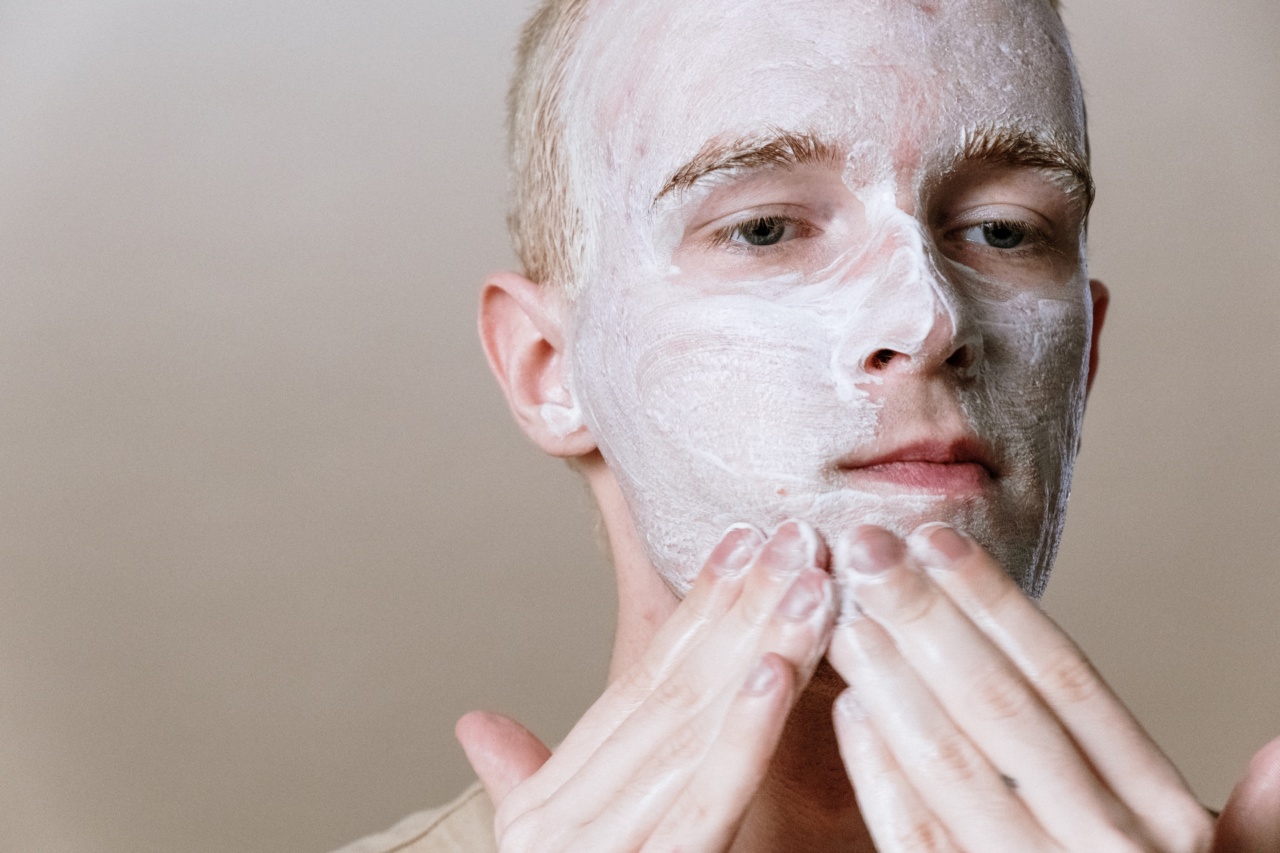Acne is a common skin condition that affects millions of people around the world. It’s caused by a variety of factors, including hormones, genetics, diet, and lifestyle.
While many people think of acne as a purely cosmetic issue, it can have significant effects on a person’s self-esteem and mental health. In this article, we’ll take a closer look at acne and explore what it might be trying to tell you about your overall health.
What Causes Acne?
Acne is caused by a combination of factors, including overactive oil glands, clogged pores, and bacteria.
Hormonal changes, particularly during puberty and the menstrual cycle, can cause oil glands to produce more sebum, which can clog pores and lead to acne breakouts. Additionally, certain foods, medications, and cosmetics can also contribute to the development of acne.
The Different Types of Acne
Acne can manifest in a variety of ways, from blackheads and whiteheads to pimples and cysts. Understanding the different types of acne can help you choose the best treatment for your skin.
Whiteheads
Whiteheads are small, raised bumps that are typically white or yellow in color. They form when oil and dead skin cells clog pores, creating a small, closed bump on the surface of the skin.
Blackheads
Blackheads are similar to whiteheads, but they are open at the surface of the skin. They get their name from the dark color that results when oil and dead skin cells are exposed to air.
Papules
Papules are small, raised bumps that are typically pink or red in color. They occur when the walls of hair follicles become inflamed, causing the surrounding skin to become tender and sensitive.
Pustules
Pustules are similar to papules but are filled with pus. They are typically larger and more painful than papules, and they can cause scarring if not treated properly.
Cysts
Cysts are large, painful bumps that form deep under the skin. They can take weeks or even months to go away and often require professional treatment to prevent scarring.
What Areas of the Face are Most Affected by Acne?
While acne can occur anywhere on the body, it tends to be most common on the face. The areas of the face that are most commonly affected by acne are the forehead, nose, and chin.
This is because these areas contain a higher concentration of oil glands, which can become clogged more easily.
What is Your Acne Trying to Tell You About Your Overall Health?
Your acne can give you clues about your overall health. Here are some of the most common skin issues associated with different types of acne:.
Forehead Acne
Forehead acne is often associated with digestive issues. If you’re experiencing forehead acne, try cutting back on processed foods and increasing your intake of fruits, vegetables, and whole grains.
Additionally, make sure you’re getting enough sleep and staying hydrated.
Nose Acne
Nose acne can be a sign of poor circulation. Try getting regular exercise and avoiding foods that are high in salt and sugar.
Chin Acne
Chin acne is often associated with hormonal imbalances. If you’re experiencing chin acne, talk to your doctor about hormonal birth control options or other treatments that can help balance your hormones.
The Best Ways to Treat Acne
There is no one-size-fits-all solution to treating acne, as different types of acne may require different kinds of treatment. Here are some of the best ways to treat acne:.
Topical Treatments
Topical treatments, such as benzoyl peroxide and salicylic acid, can be effective in treating mild to moderate acne. They work by drying out the skin and killing bacteria that can cause acne.
Oral Medications
If topical treatments are not effective, your doctor may recommend oral medications, such as antibiotics or isotretinoin. These medications work by reducing inflammation and killing bacteria that can cause acne.
Lifestyle Changes
Making lifestyle changes can also help improve your skin. Try to eat a healthy diet that includes plenty of fruits, vegetables, and whole grains.
Additionally, get regular exercise, practice stress-reducing techniques, such as yoga or meditation, and avoid smoking and excessive alcohol consumption.
The Bottom Line
Acne can be frustrating and difficult to deal with, but it’s important to remember that it’s often a sign of underlying health issues.
By paying attention to the areas of your face that are most affected by acne and making the necessary lifestyle changes, you can improve your skin and your overall health.




























